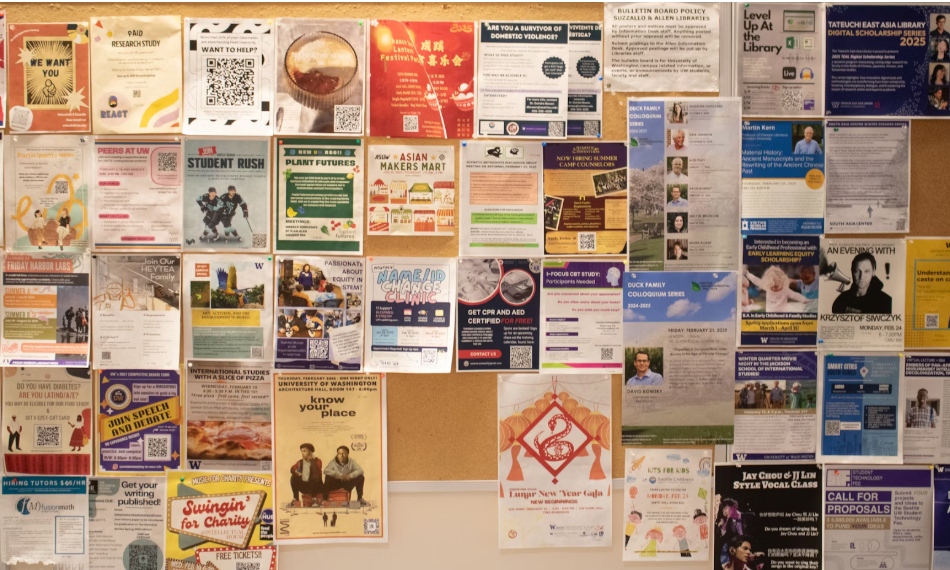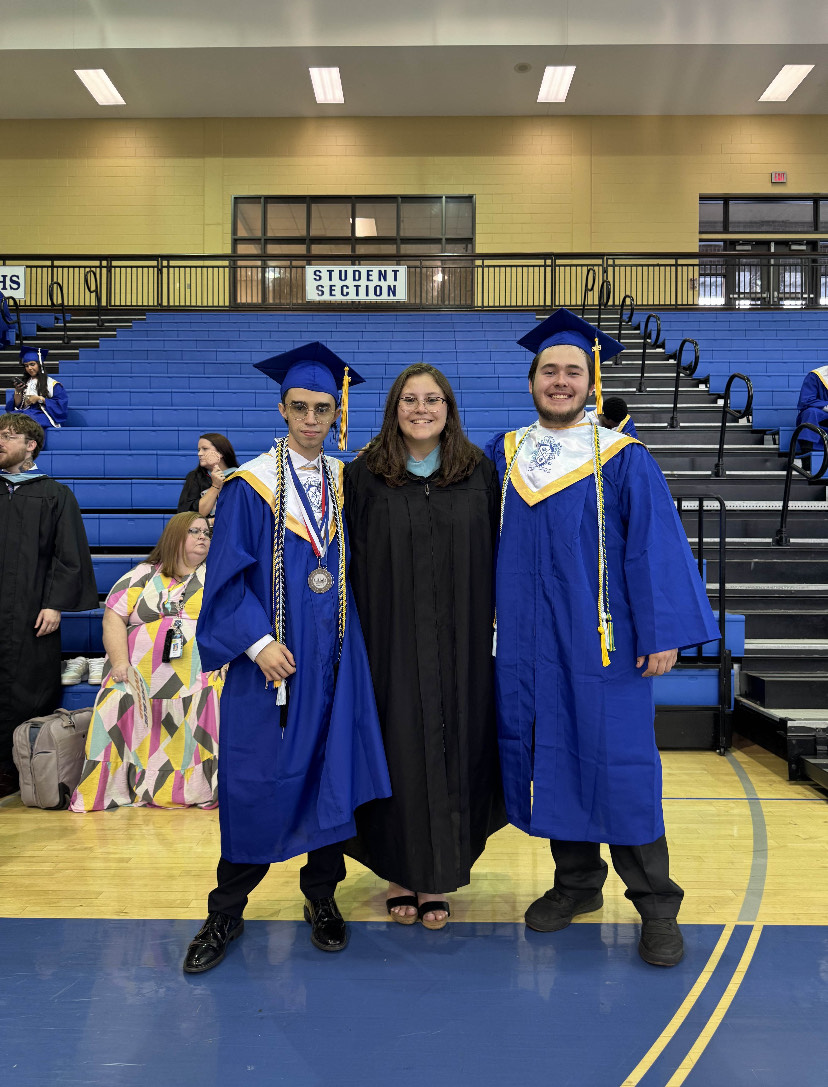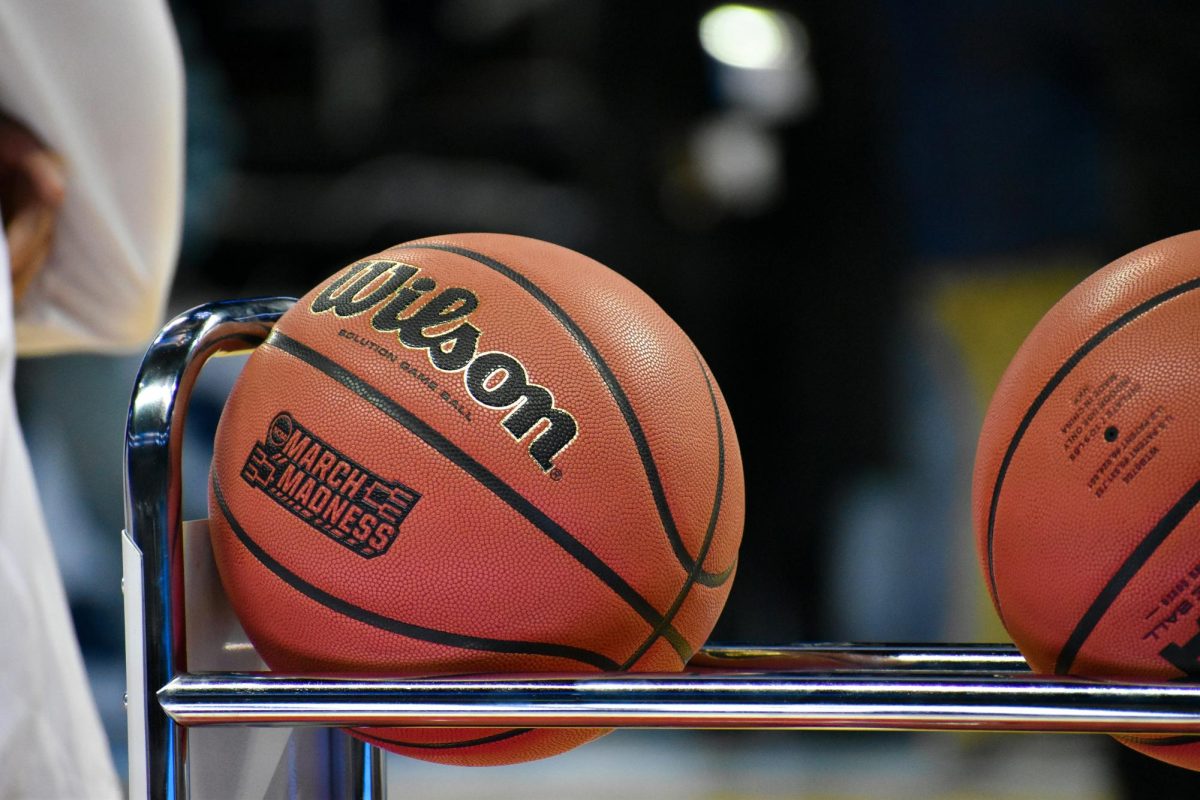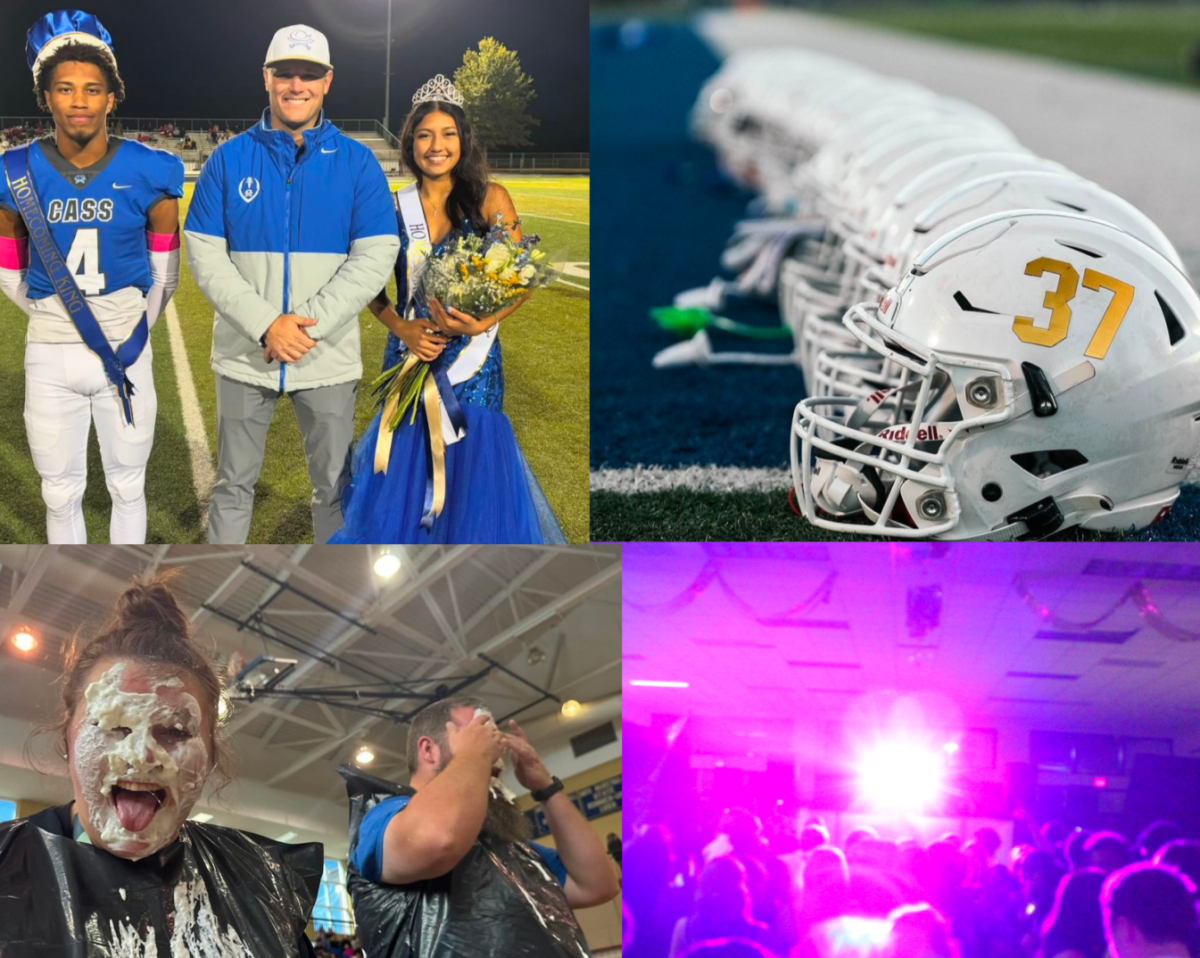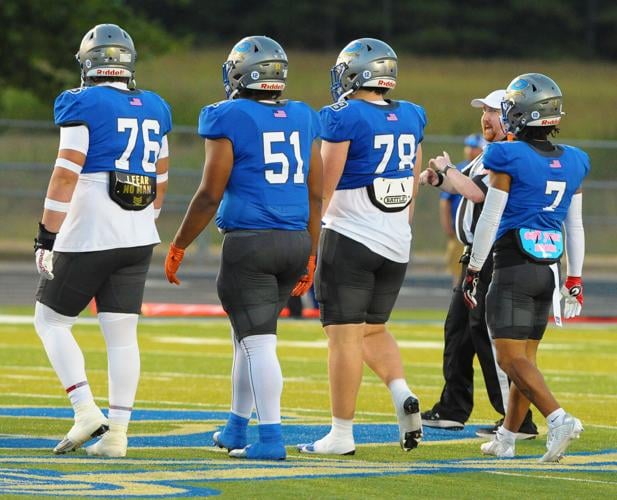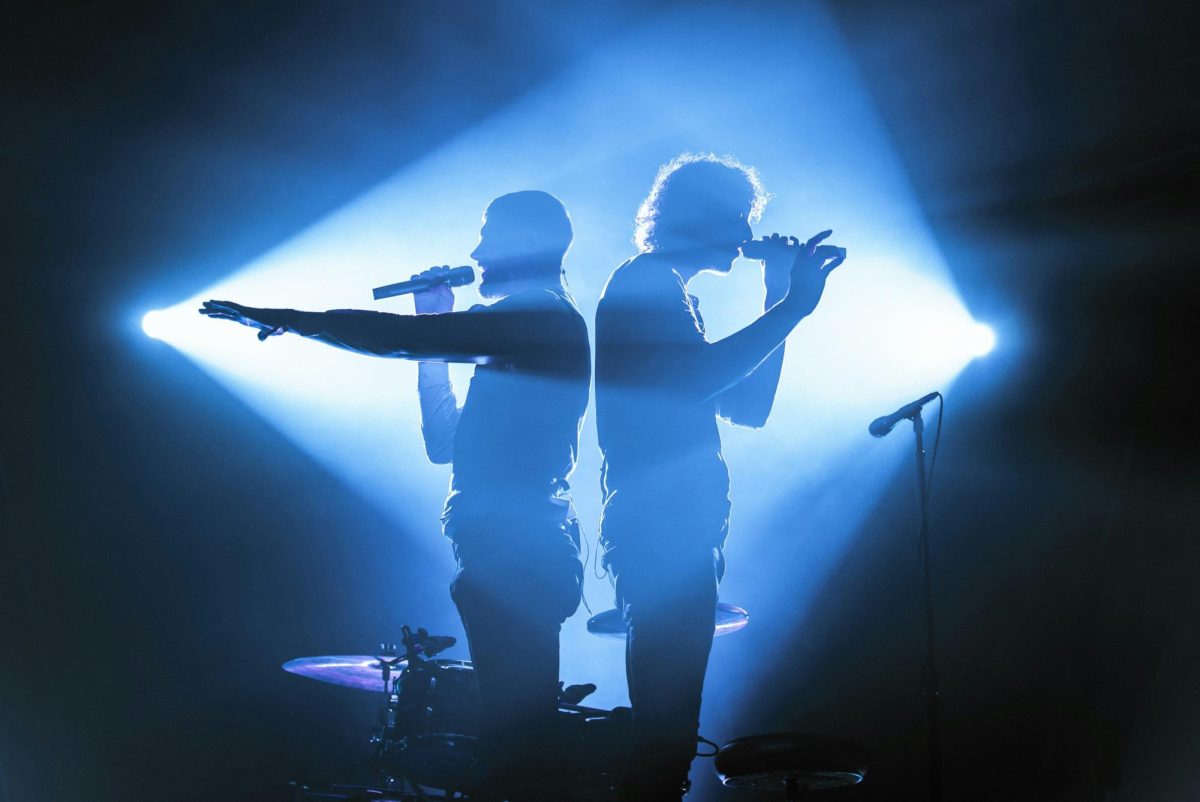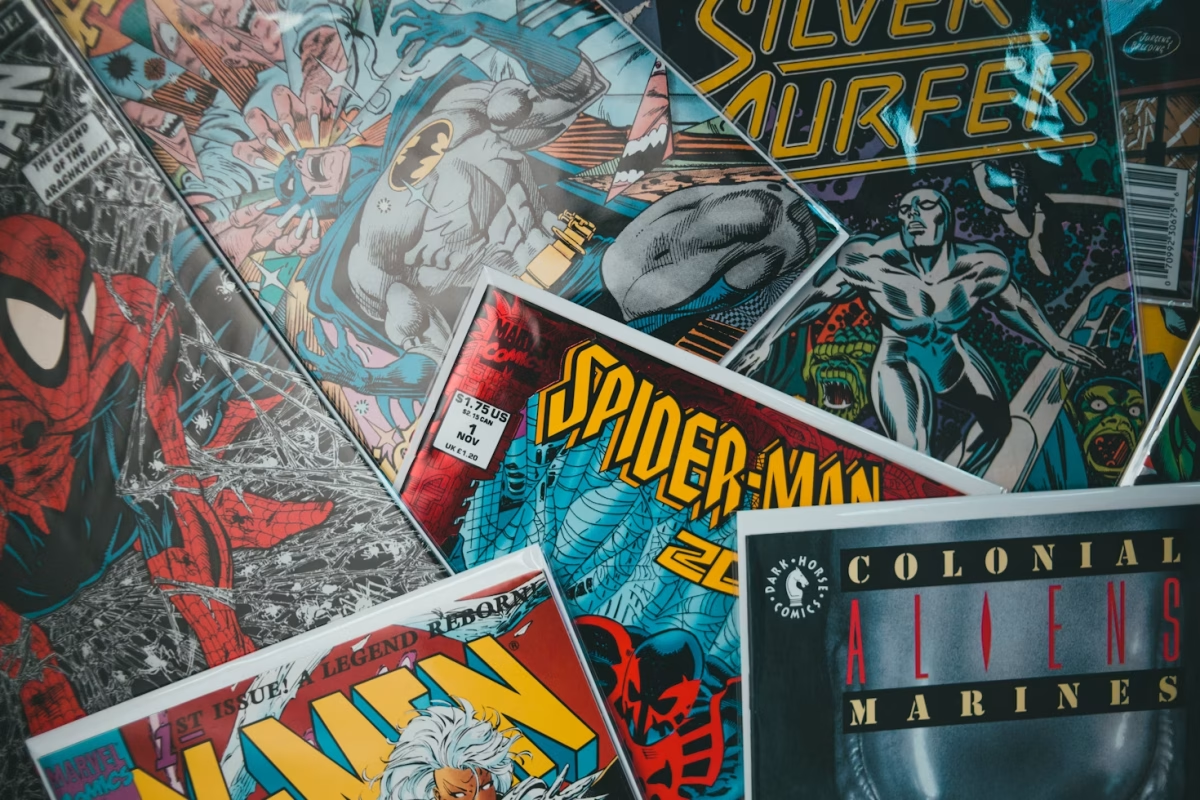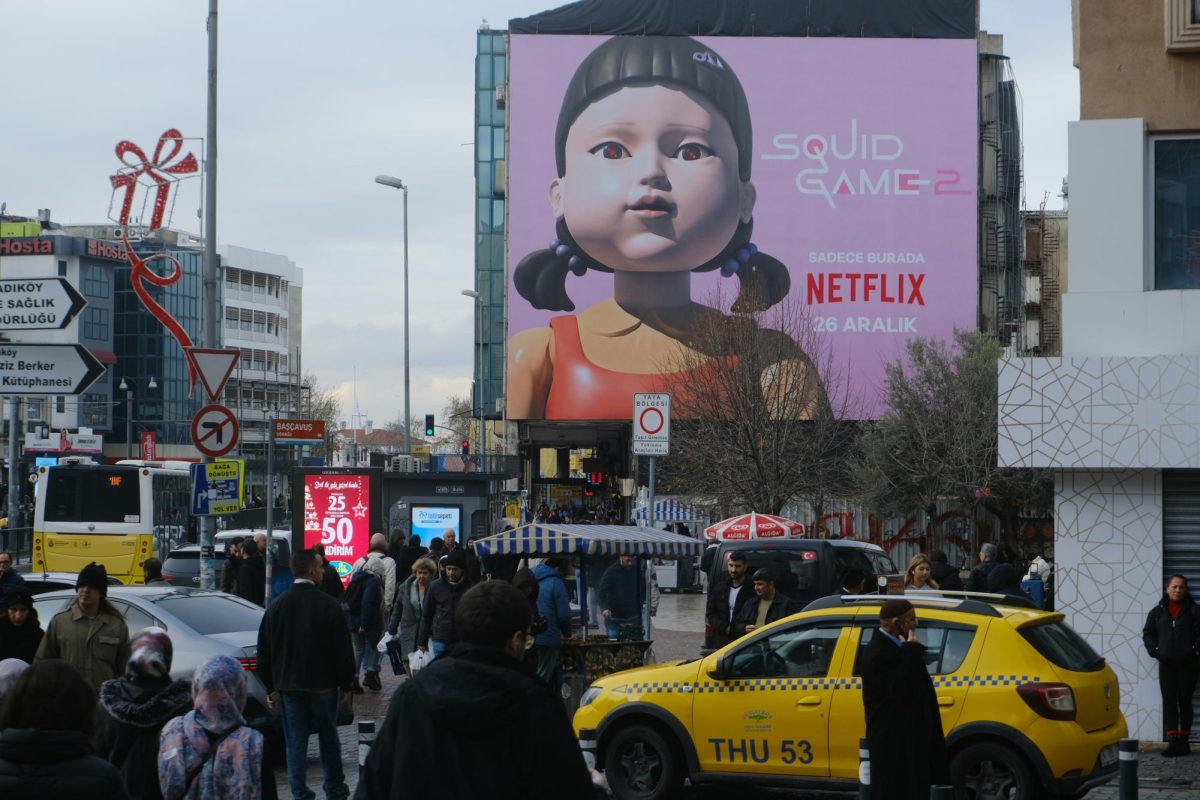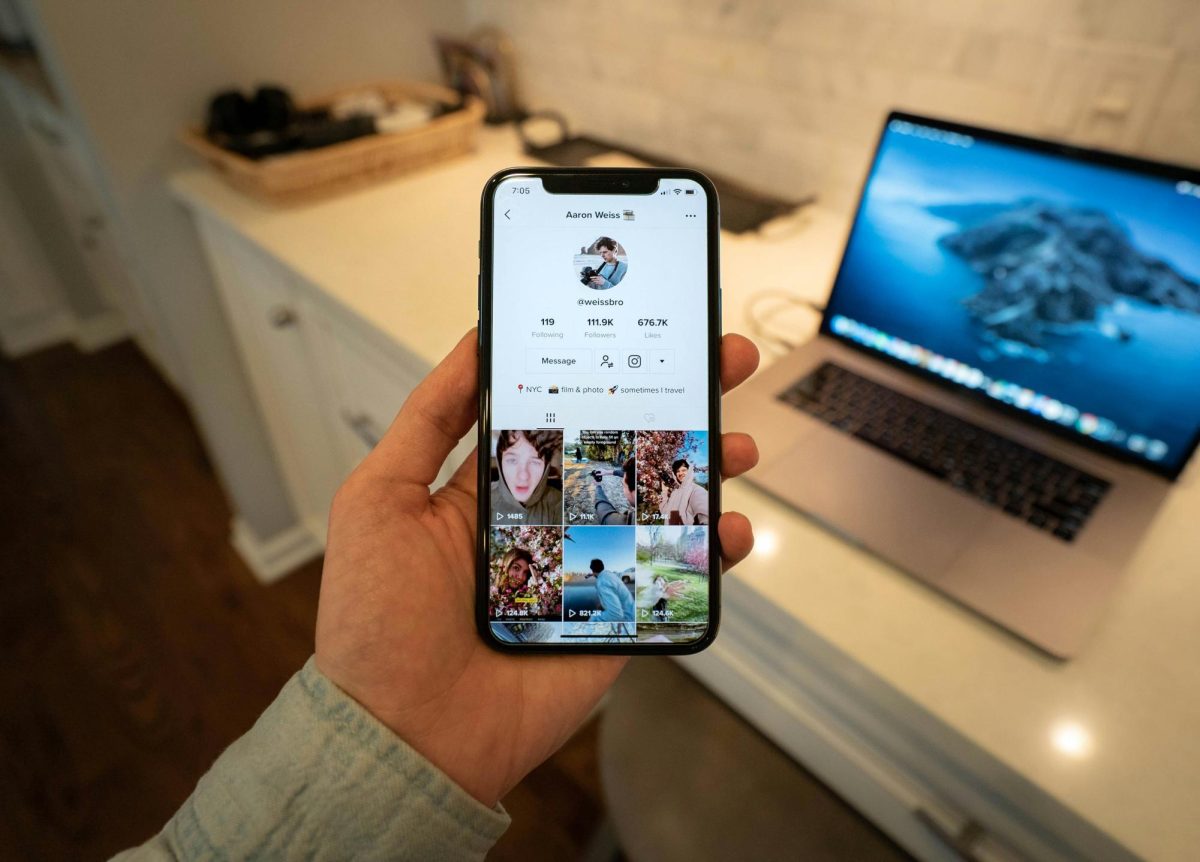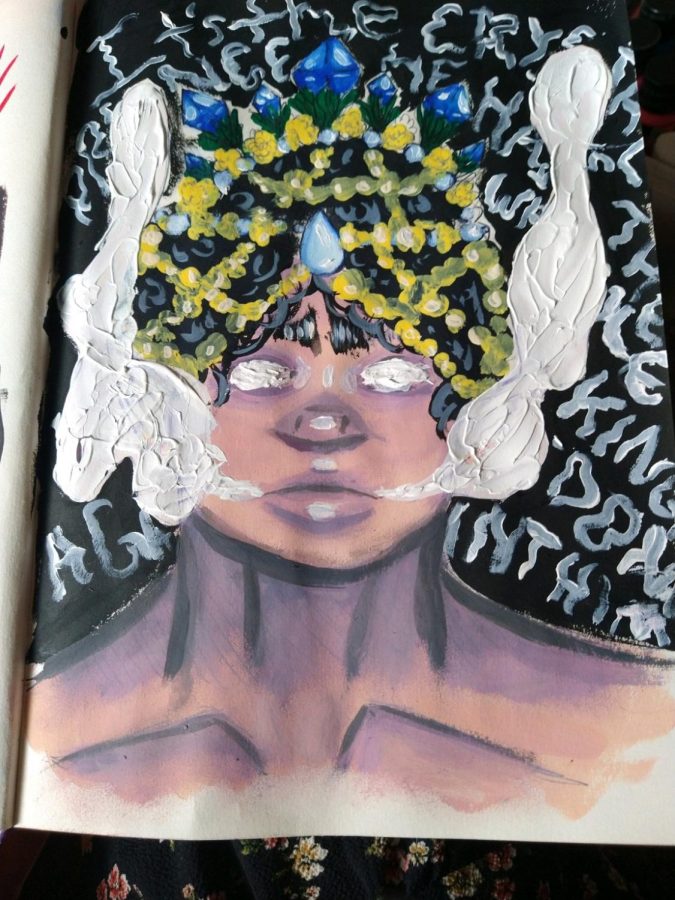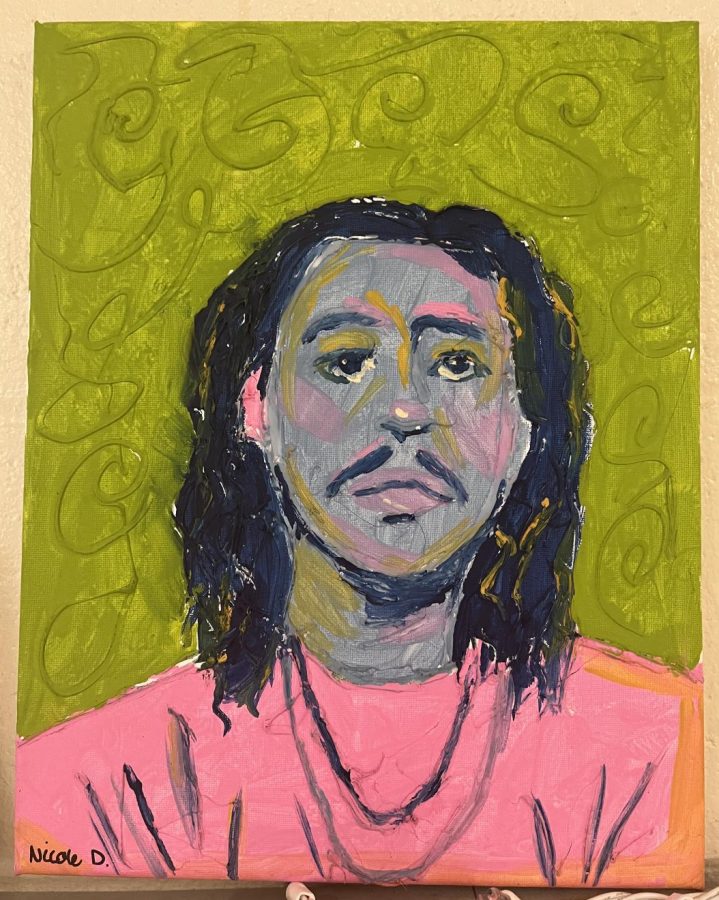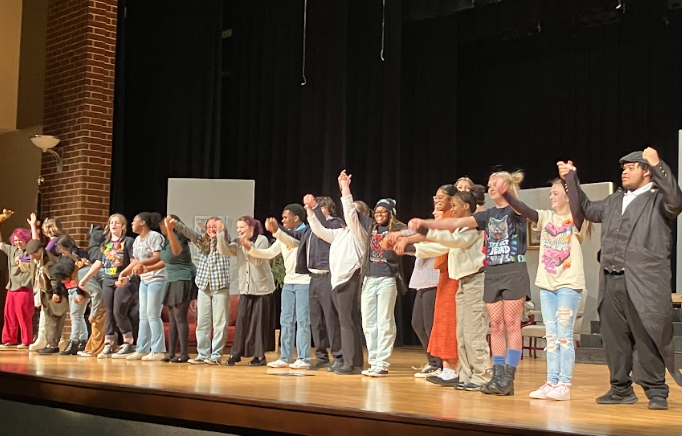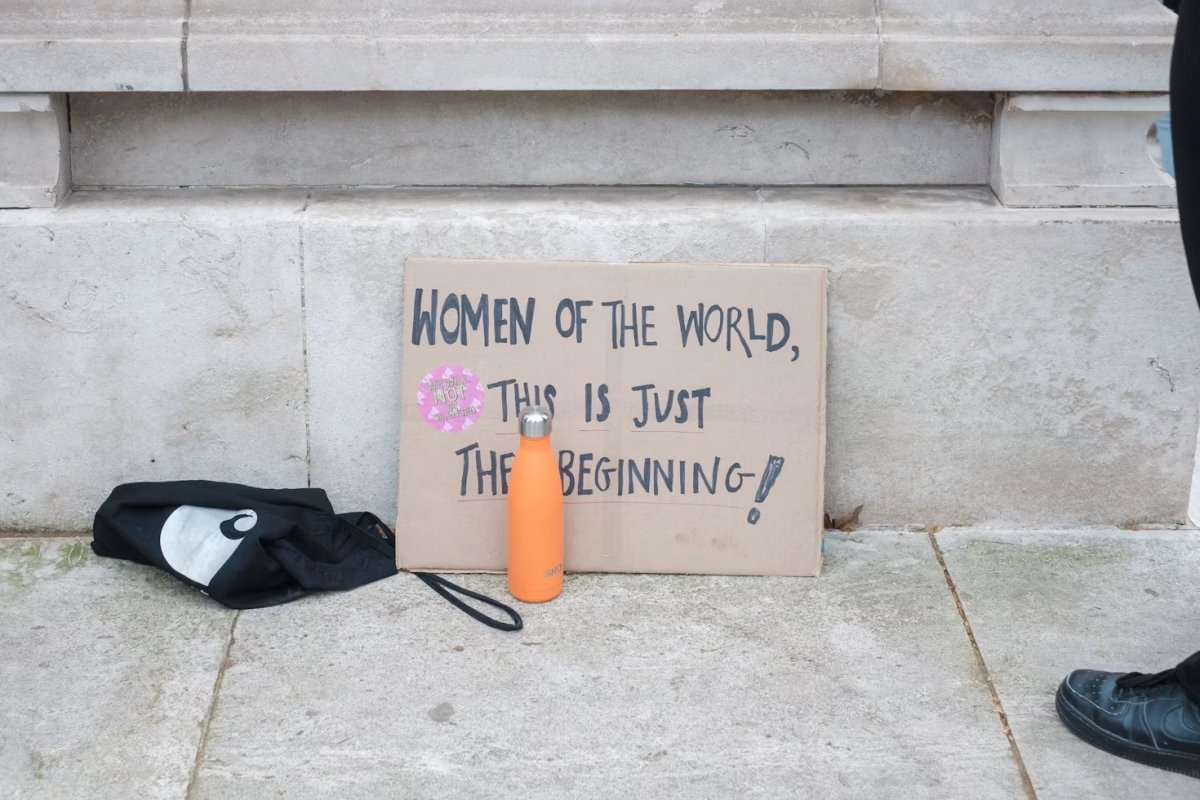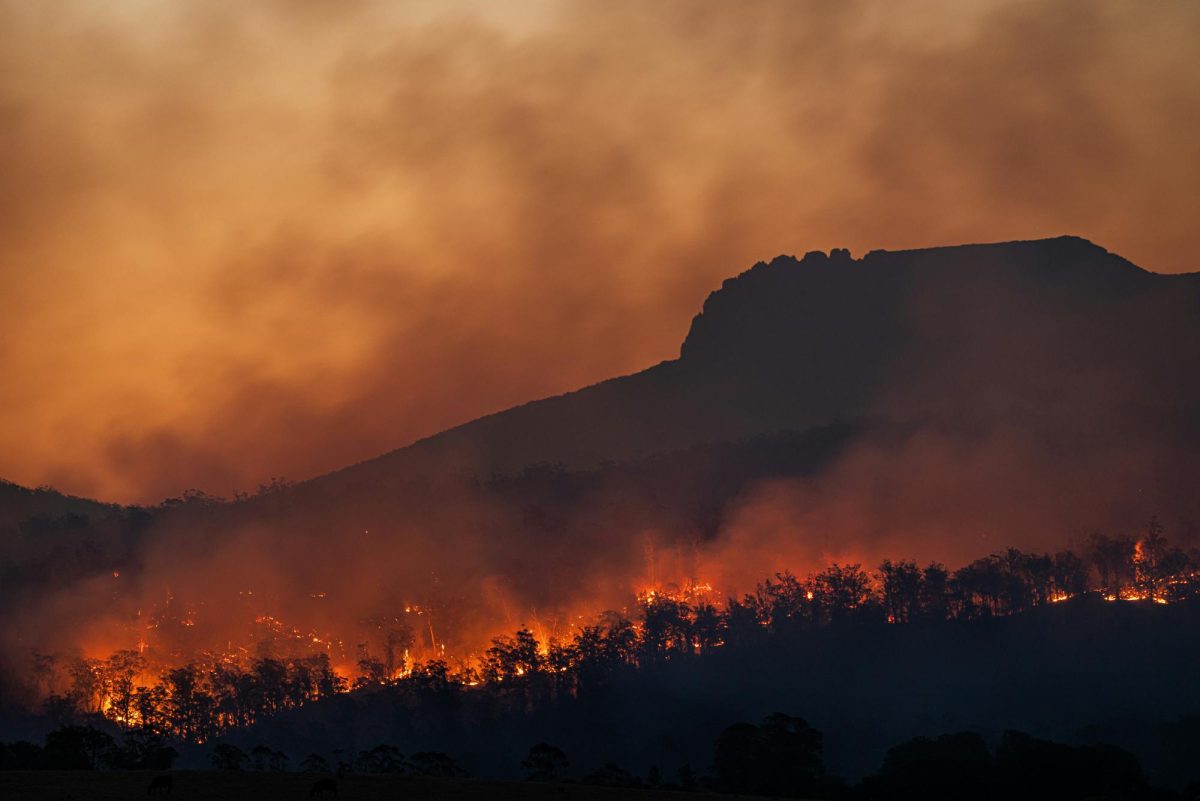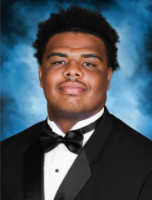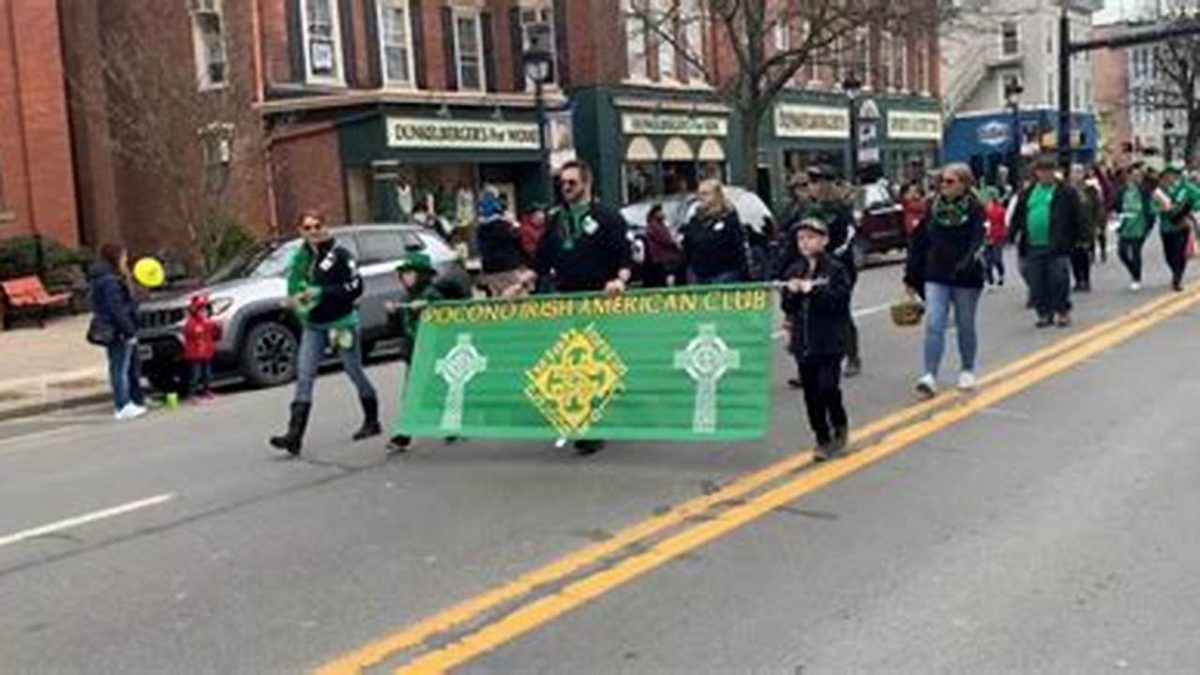Do you remember music class in elementary school? Remember the personal pianos and the boom whackers against the floor? Perhaps line dancing or tinikling with friends? Or even performing with a church choir or a school’s chorus program? Some would argue that this was a crucial part of your development; discovering the power of music; and many would agree–kids in the arts, and those who work in it. However, the arts in our schools are in grave danger. Funding cuts all over the country tempt states like Florida and Oklahoma (Washington Post) to eliminate arts programs.
Music may seem like just soundwaves that blast through headphones, but to around 20,000 people a year and more (US BLS), it’s more than that. It’s a job, a way of life. For many students in even our own Bartow County Schools, it’s what gets them up for school. It’s a motivator. Music isn’t the only realm, either, think about our theater program and how many students are involved within that. That’s a good part of our student population! Imagine taking that away from entire state populations of kids, in just the scrape of a pen; not only is this an individual issue with art kids, but think about a football game without a good pep band, or an event without a harmonious national anthem, or without the occasional musical here and there, performed with grit and spirit. The arts are what set our school apart, just like our sports programs. For example, every year we host a band competition in which bands from all over Georgia come to show off and get to know one another–if music is kept away from our youth, the consequences will be critical.
The same can be said about the possible fate of the visual arts; both are at stake if enough legislation passes. Though the focus of this article is more over things like band and theatre, it’d be a disservice to art itself if I excluded one of its backbones. Visual arts, too, establish life skills as musical programs do. Our art teacher, Ms. Jenkins states, “Art develops hand-eye coordination, critical thinking, and problem-solving skills.” Just like the fine arts, it’s clear that the visual arts benefit children from a young age; in school and beyond, these skills will shape a child for success.
This passion starts young. As said before, elementary young. Well… sometimes. Some states like Alabama, cited by our assistant band director, Mr. Alex Shive, don’t have a general music elective class for elementary students. To him, this is a rather unfortunate reality. Shive says, “It just combines every aspect of learning; whether it’s kinesthetic learning, visual learning, [or] auditory learning… no matter what, music is music in every language.” He says that music can reach the souls of everyone no matter the background, no matter the language. For him, music was a space of care and safety–Shive found comfort and passion in the musical realm. Our theater director, Mrs. Anastasia McGill, could not agree more. She says, “[Music classes help] you develop skills [because you’re] having to work with other people. No art is an individual undertaking. I cannot be successful in this field without everybody else around me.”
Shive and McGill have another argument in common: the essentialness of comradery and togetherness. The two of them make it a point that togetherness is a huge part of music education, and that it’s also essential to personal development. Shive says, “I didn’t want to be by myself. I wanted to work with a team [and] a good booster organization with good parent resources, and staff, and all that….” Shive claims that having all of these people working together is really why our organization works. It’s pivotal for all hands to be on deck if any of these bigger projects are going to work. McGill corroborates this; “There has to be a genuine… drive and [this is something that] you can carry on into any working field that you go into, even if it doesn’t have to do with the performing arts.” The aspect of togetherness and, I dare argue, family within a musical body can aid folks in the future in situations of collaboration. Both of these teachers clearly see how the preservation of music education is essential for our youth.
So, even if this can’t be brought to the big guys, and even if these arguments can’t really influence the finances and powers that be, it’s still important that people understand how much music means to the younger generations. It gives them a place to belong, it gives them pivotal life skills, and it allows them to find a passion with like-minded people. And these bonds last a lifetime. From elementary school to middle school, and even beyond high school into college, the effect that teaching music has on our young people cannot be understated. So, even if you aren’t a state legislator (which, I doubt you are), please heed my words, for music education and performing arts programs around our country are in danger, and if they disappear, who knows what will happen; the final crescendo comes to a yipping close, unorchestrated and disharmonious. That’s how much music matters.


